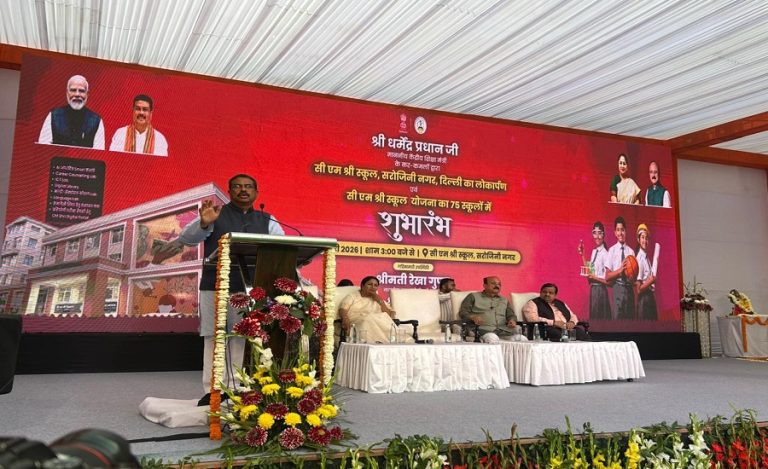New Delhi: Banking sector alarm bells are ringing today as the umbrella union for bank employees, United Forum of Bank Unions (UFBU), has publicly criticised Finance Minister Nirmala Sitharaman’s remarks about privatising state-owned banks. The unions argue that rather than moving towards privatisation, the public banking system must be reinforced with fresh capital, modern technology and transparent governance — especially given their key role in reaching the unbanked and under-served.
Background: What the Finance Minister Said on PSB Privatisation Criticism
On 4 November 2025, the finance minister addressed concerns related to the state-run banking system. She said that privatising state-owned banks would not hurt financial inclusion or national interest, and that the era of nationalisation had not fully achieved its objectives of universal banking.
Read Also: Bank of Baroda Strengthens Global Partnerships with Financial Institutions at London Event
She also pointed out that when banks are allowed to function with professionalism and board-driven governance, the aims of reaching all citizens and serving national interest can be met.
PSB Privatisation Criticism: What the Bank Unions Are Saying
The UFBU, representing nine trade unions of officers and workmen in the banking sector, responded sharply:
- They argue that about 90 % of accounts under the flagship Pradhan Mantri Jan Dhan Yojana (PMJDY) were opened by public sector banks (PSBs), highlighting their central role in financial inclusion.
- The union maintained that priority sector lending, rural outreach, social banking and financial literacy have been driven nearly exclusively by PSBs — functions that private banks often shy away from due to lower profitability.
- The UFBU warned that privatising PSBs could undermine national interest, jeopardise job security, and turn public funds and banking services into profit-centres for corporations rather than citizens.
- Their demands include: a categorical assurance from the Centre that no public sector bank will be privatised; full capital support for PSBs; technological and governance modernisation; and public consultation and parliamentary debate before any major structural change.
Why This Matters: Importance of PSU Banks
PSBs’ role in financial inclusion: Public sector banks have deep roots in rural India, opening doors to credit for farmers, small businesses, women, weaker sections and villages. The unions note that before the nationalisation era, banking largely served urban elite business houses; post-nationalisation, PSBs expanded branch networks to hundreds of thousands of villages.
PSBs as social cornerstone: Banking is seen by the unions not just as a commercial activity but as a constitutional/social responsibility, serving depositors, the poor, rural and urban alike. The fear is that moving towards privatisation may shift the focus away from social goals towards profit goals.
Job security and public funds: PSBs employ hundreds of thousands of staff; privatisation could affect job security, terms of employment and the fate of public savings and deposits. The unions emphasise that public banks have stood firm during crises (for example – recessions, pandemic) without collapsing, reinforcing the idea of public ownership.
What Could Happen Next
- The Centre may need to respond formally to the UFBU demands or risk industrial action/union unrest in the banking sector.
- A parliamentary debate or policy paper might be issued to clarify the government’s intent regarding PSB privatisation or restructuring.
- PSBs themselves could see fresh announcements of capital infusion, technological upgrades or governance reforms to strengthen their position.
- Market watchers and depositors may keep a close eye on how these public banks are funded, managed and whether any privatisation moves are imminent.
Read Also: SBI Wins Global Finance Awards: Named World’s Best Consumer Bank and Best Bank in India for 2025




























